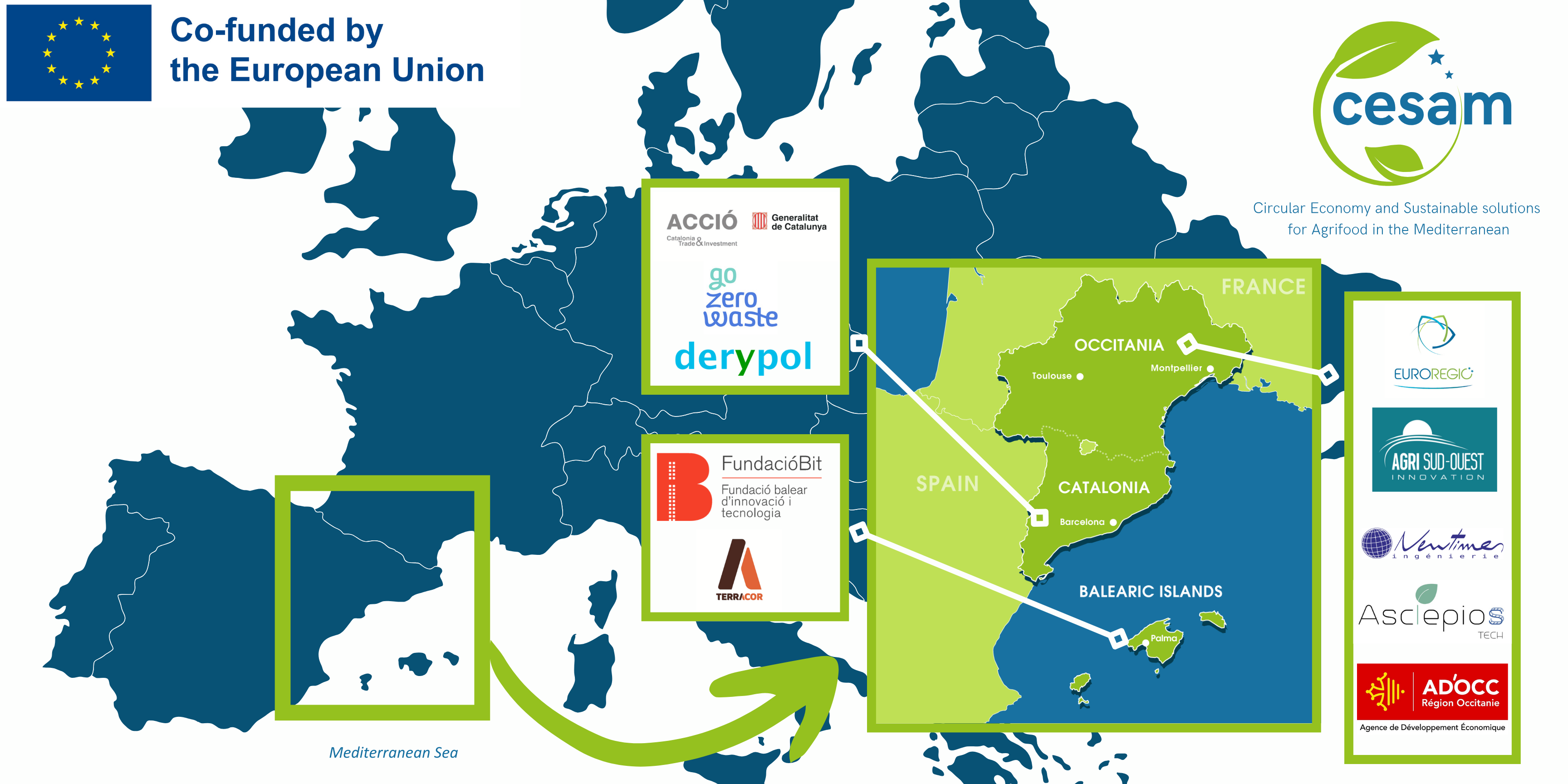Background
 In a context facing many challenges in relation to new technologies’ development, environmental sustainability, climate change and carbon neutrality, while ensuring sustainable growth and well-being of all citizens, the European Commission has adopted a firm stance to promote the transition toward circular economy, sustainability and eco-innovation. The EU aims to reduce pressure on natural resources by boosting the efficient use of resources and moving to a clean and circular economy. This logic is part of the European Green Deal (2019) which aims at promoting “a new growth strategy that aims to transform the EU into a fair and prosperous society, with modern, resource-efficient and competitive economy where there are no net emissions of greenhouse gases in 2050 and where economic growth is decoupled from resource use”. To this aim, the EU is committed to mobilising €1 billion in public and private investment until 2030. One of the main building blocks of the European Green Deal is the EU Circular Economy Package. Within this framework, the EU has adopted an Action Plan with concrete measures to cover the economy from production and consumption to waste management, including secondary raw materials markets with a focus on the sectors that use most resources and where the potential for circularity is high such as packaging, plastics, food, water and nutrients. This ‘Closing the loop’ agenda has led to the adoption of legislative proposals with clear quantitative targets.
In a context facing many challenges in relation to new technologies’ development, environmental sustainability, climate change and carbon neutrality, while ensuring sustainable growth and well-being of all citizens, the European Commission has adopted a firm stance to promote the transition toward circular economy, sustainability and eco-innovation. The EU aims to reduce pressure on natural resources by boosting the efficient use of resources and moving to a clean and circular economy. This logic is part of the European Green Deal (2019) which aims at promoting “a new growth strategy that aims to transform the EU into a fair and prosperous society, with modern, resource-efficient and competitive economy where there are no net emissions of greenhouse gases in 2050 and where economic growth is decoupled from resource use”. To this aim, the EU is committed to mobilising €1 billion in public and private investment until 2030. One of the main building blocks of the European Green Deal is the EU Circular Economy Package. Within this framework, the EU has adopted an Action Plan with concrete measures to cover the economy from production and consumption to waste management, including secondary raw materials markets with a focus on the sectors that use most resources and where the potential for circularity is high such as packaging, plastics, food, water and nutrients. This ‘Closing the loop’ agenda has led to the adoption of legislative proposals with clear quantitative targets.
 More recently, the coronavirus pandemic has triggered a global economic crisis with a major impact on Small and Medium-sized Enterprises (SMEs). In Europe, SMEs account for most companies, value-added and employment. For SMEs, this unprecedented crisis has highlighted the relevance of adopting new working processes, investing in sustainability in the long-term, speeding up digitalisation and finding new markets in disruptive contexts such as the present. In the same way, the recovery strategy for COVID-19 places digitalisation, sustainability and the environment at the forefront of Europe’s economic and social recovery for ‘’building back better’’. In line with these recovery priorities are, on the one hand, the SME strategy for a sustainable and digital Europe, launched in March 2020 before the outbreak, which aims to empower SMEs of all sizes and sectors in this twin transition. On the other hand, A New Industrial Strategy for Europe (March 2020), lays the foundations for the twin transition towards climate neutrality and digital leadership.
More recently, the coronavirus pandemic has triggered a global economic crisis with a major impact on Small and Medium-sized Enterprises (SMEs). In Europe, SMEs account for most companies, value-added and employment. For SMEs, this unprecedented crisis has highlighted the relevance of adopting new working processes, investing in sustainability in the long-term, speeding up digitalisation and finding new markets in disruptive contexts such as the present. In the same way, the recovery strategy for COVID-19 places digitalisation, sustainability and the environment at the forefront of Europe’s economic and social recovery for ‘’building back better’’. In line with these recovery priorities are, on the one hand, the SME strategy for a sustainable and digital Europe, launched in March 2020 before the outbreak, which aims to empower SMEs of all sizes and sectors in this twin transition. On the other hand, A New Industrial Strategy for Europe (March 2020), lays the foundations for the twin transition towards climate neutrality and digital leadership.
As a concrete response to this challenge, the Circular Economy and Sustainable solutions for Agrifood in the Mediterranean (CESAM) project presented below aims to contribute through innovative SMEs investment to the new European path towards a circular economy model and the 2030 Agenda targets by contributing to scale up innovative agrifood value chains. To this effect, the CESAM project will support interregional innovation investment on scaling up value chains in sustainable solutions through the existing partnership between Catalonia, Balearic Islands and Occitania.
The project
CESAM is a EU funded project under the ERDF Interregional Innovation Investment Instrument Programme (I3) that supports interregional innovation projects which bring innovative ideas to a mature investment level, ready for commercialisation and scale-up. The project is managed by the European Innovation Council and SMEs Executive Agency (EISMEA) with a total budget of EUR 3 022 935 (70% EU funding: EUR 2 116 053) and includes co-financing: each partner will provide its own funds up to 30% of the total eligible expenses.
CESAM project focuses into the following Circular economy and Sustainable solutions in Agrifood:
CESAM brings together 9 partners and 1 associate partner from the European Regions of Occitania, Catalonia and Balearic Islands around shared goals for the agrifood sector: Circular Economy and Sustainability. The 3 regions form a logical area of cooperation with similar objectives and priorities and the public structure for cooperation in this area is the EGTC Euroregion Pyrenees-Mediterranean. Among these 9 partners, 4 are institutional partners from the Regional Innovation Ecosystems (Regional Innovation Agencies, Clusters and Specialised Public administration) and the other 5 are SMEs with specific needs in investment to scale-up their innovative solutions. The project consortium intends to promote innovative solutions of circular economy and sustainability for the 3 Regions, with high potential of development in other European regions.
In addition to the direct support to SMEs participating to the project, the partners will lay the foundations for long term cooperation in their respective value chains as well as across the involved regions. Actions will include capacity building activities for the support of less developed regions innovation ecosystems as well as activities for the interregional and European development of partner SMEs.




